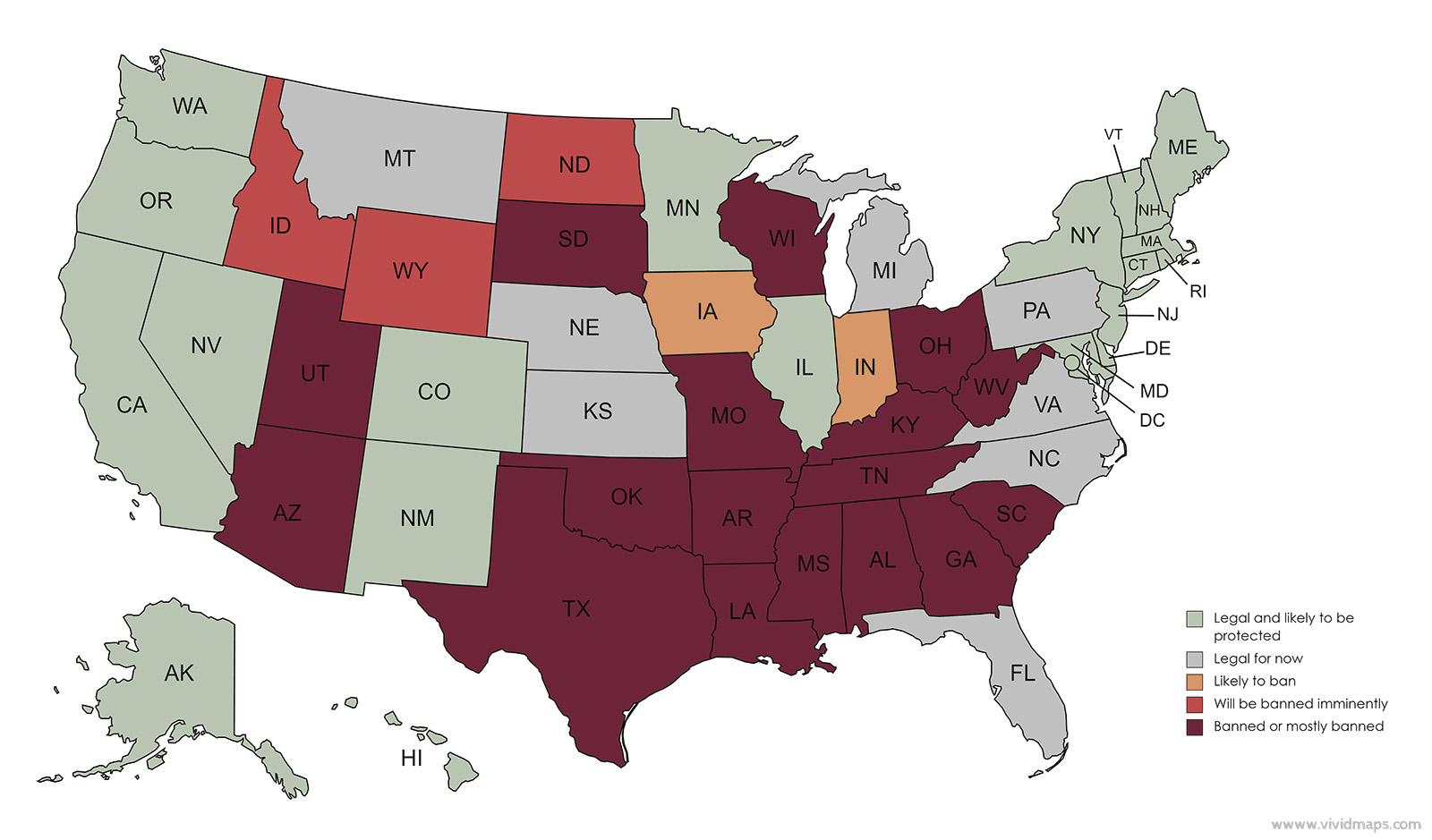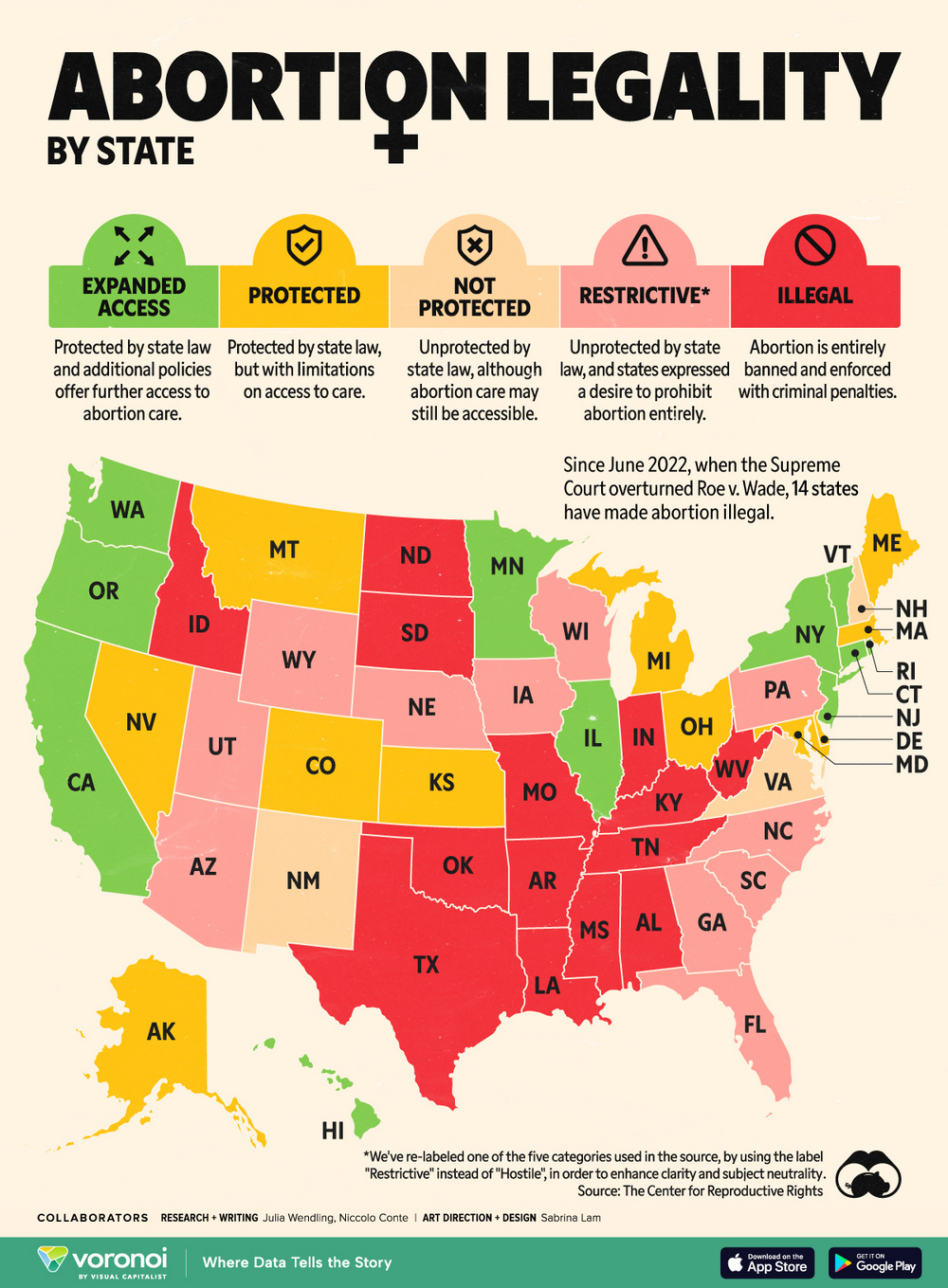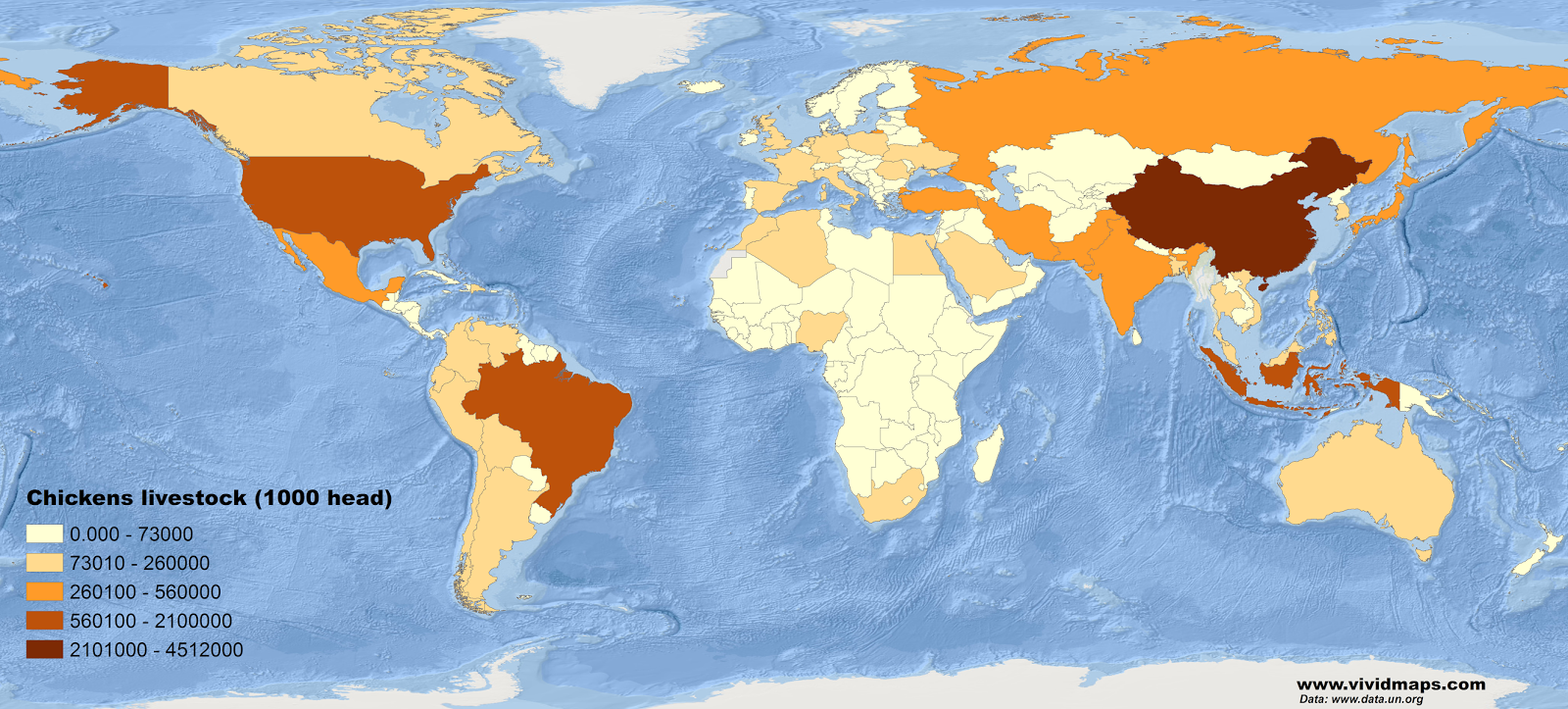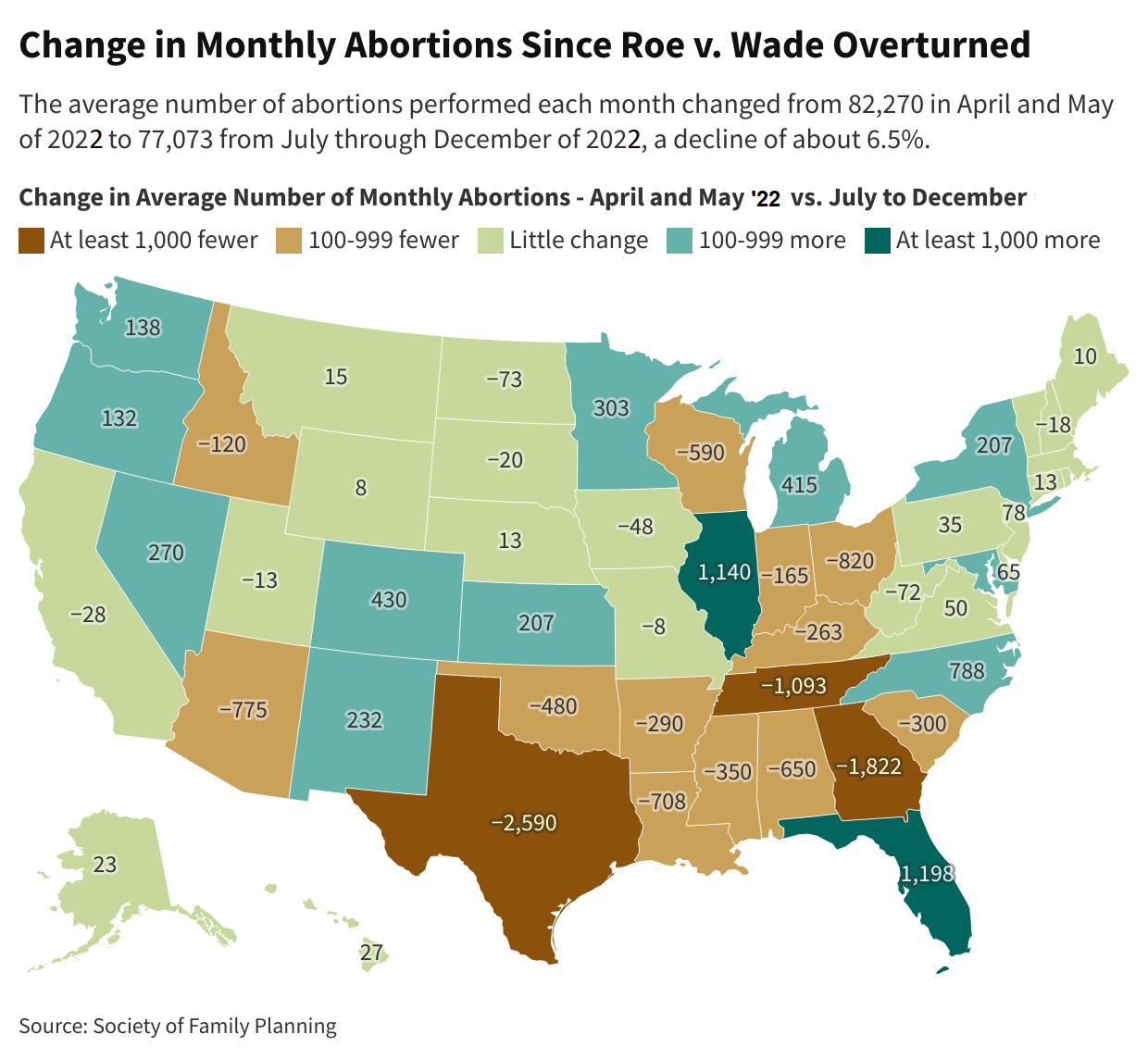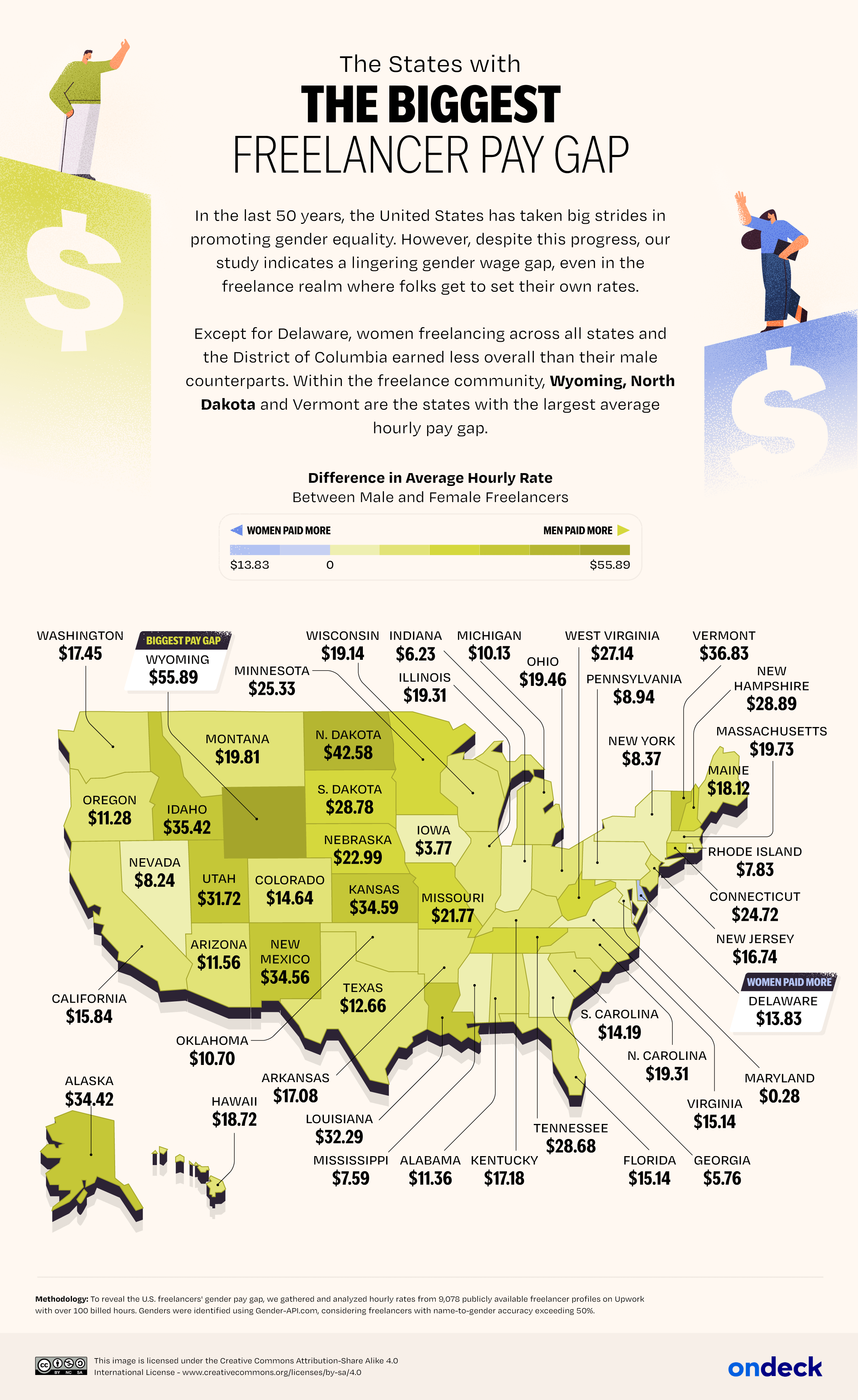Abortion Law in the world
Abortion has been controversial in many societies throughout history on religious, moral, ethical, practical, and political grounds. It has been banned frequently and otherwise limited by law. However, abortions continue to be expected in many areas, even where they are illegal.
Almost 2/3 of the world’s women currently reside in countries where abortion may be obtained on request for a broad range of social, economic, or personal reasons.
Table of Contents
Abortion law worldwide
Over the late several decades, significant progress has been made in guaranteeing women’s right to abortion, with nearly 50 nations liberalizing their abortion laws. Some of this reform has been gradual, allowing women to access legal abortion only when there is a threat to their life or when pregnancy results from violation. But many of these transformations have been truly transformative, overturning absolute prohibitions on abortion in favor of women’s reproductive autonomy.
Below is the map created by the Center for reproductive rights shows abortion rights by country nowadays.
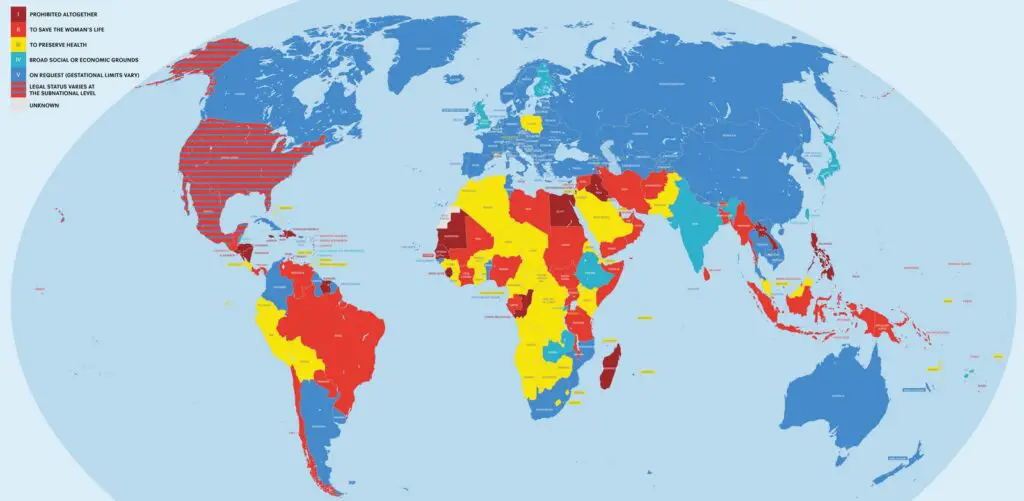
Today, about 970 million women, representing 59% of women of reproductive age, live in nations that largely permit abortion. While a preponderance of women live in countries where they can exercise their right to abortion, 41% of women live under restrictive abortion laws. The incapacity to access safe and legal abortion care affects 700 million women of reproductive age. According to the World Health Organization, 23 thousand women die of dangerous abortion each year and tens of thousands more experience substantial health complications. Legal regulations on abortion do not result in fewer abortions. Instead, they force women to threaten their lives and health by pursuing unsafe abortion care.
Western countries are considered among the most advanced regions in the world for sexual and reproductive health and rights. Many western nations allow abortions on request up to 12 weeks of gestation.
Comparison of the legality of abortion terms in the U.S. and EU
The map below created by Reddit user maps_us_eu shows on request abortion legal in week “X” of pregnancy across the United States and European Union.
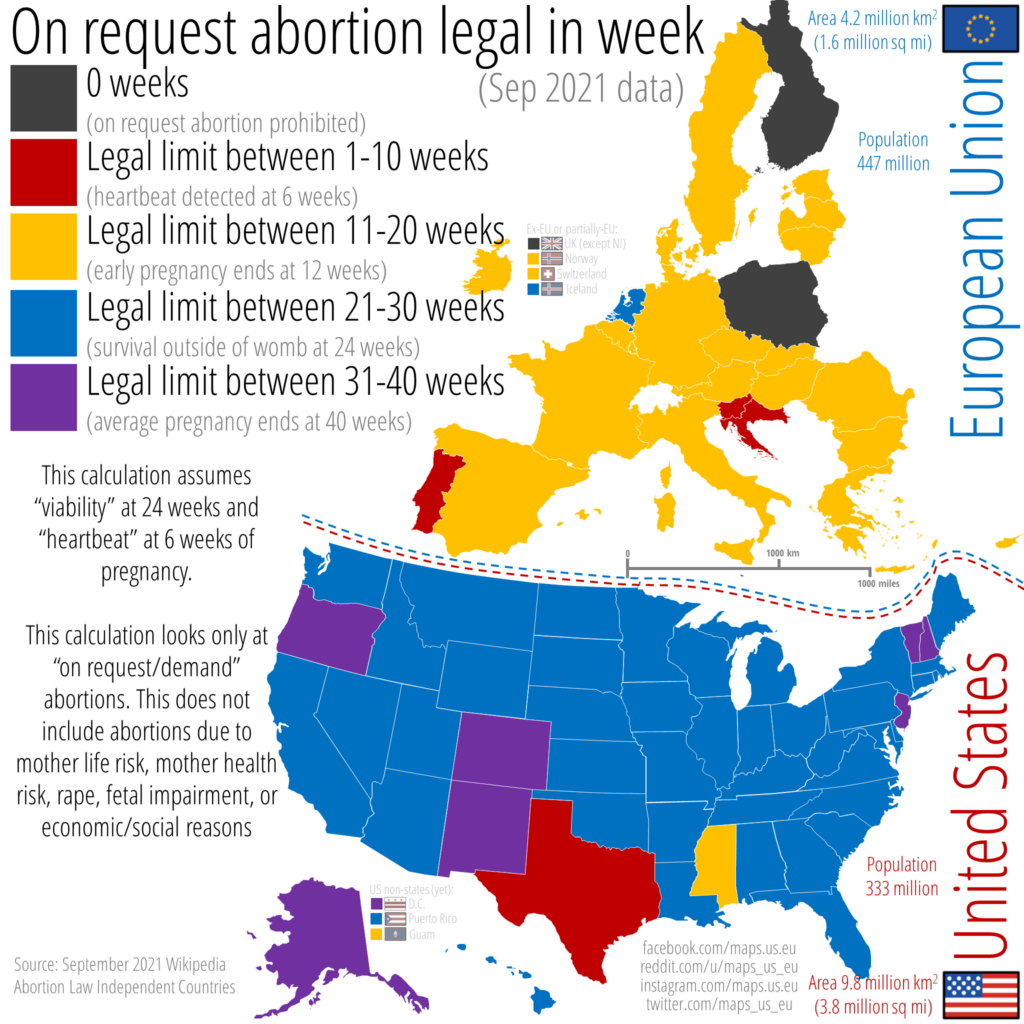
This calculation assumes “heartbeat” at 6 weeks of pregnancy and “viability” at 24 weeks.
Week 6 of Pregnancy
- The baby is about 5 mm (~1/4 inch).
- The tiny heart starts to beat.
- The embryo now has an optic ventricle, which will later form the eyes.
- Ears, the nose, and the jaw are starting to take form.
- Tiny buds of arms and legs are forming.
- The digestive, urinary, and reproductive systems are beginning to develop.
- The neural tube closes (later forming the spinal cord and brain).
Week 24 of Pregnancy
- The baby is nearly 30.4 cm (~2 inches) from the head to the foot long and weighs 665 grams (24 ounces), regularly growing at a rate of around 170 grams (6 ounces) every week.
- Facial features are becoming more differentiated.
- Branches of lungs multiplying and growing. The baby is getting ready to breathe.
- Inner ear continuing to develop.
- The eyelids separated and are starting to take their final shape.


